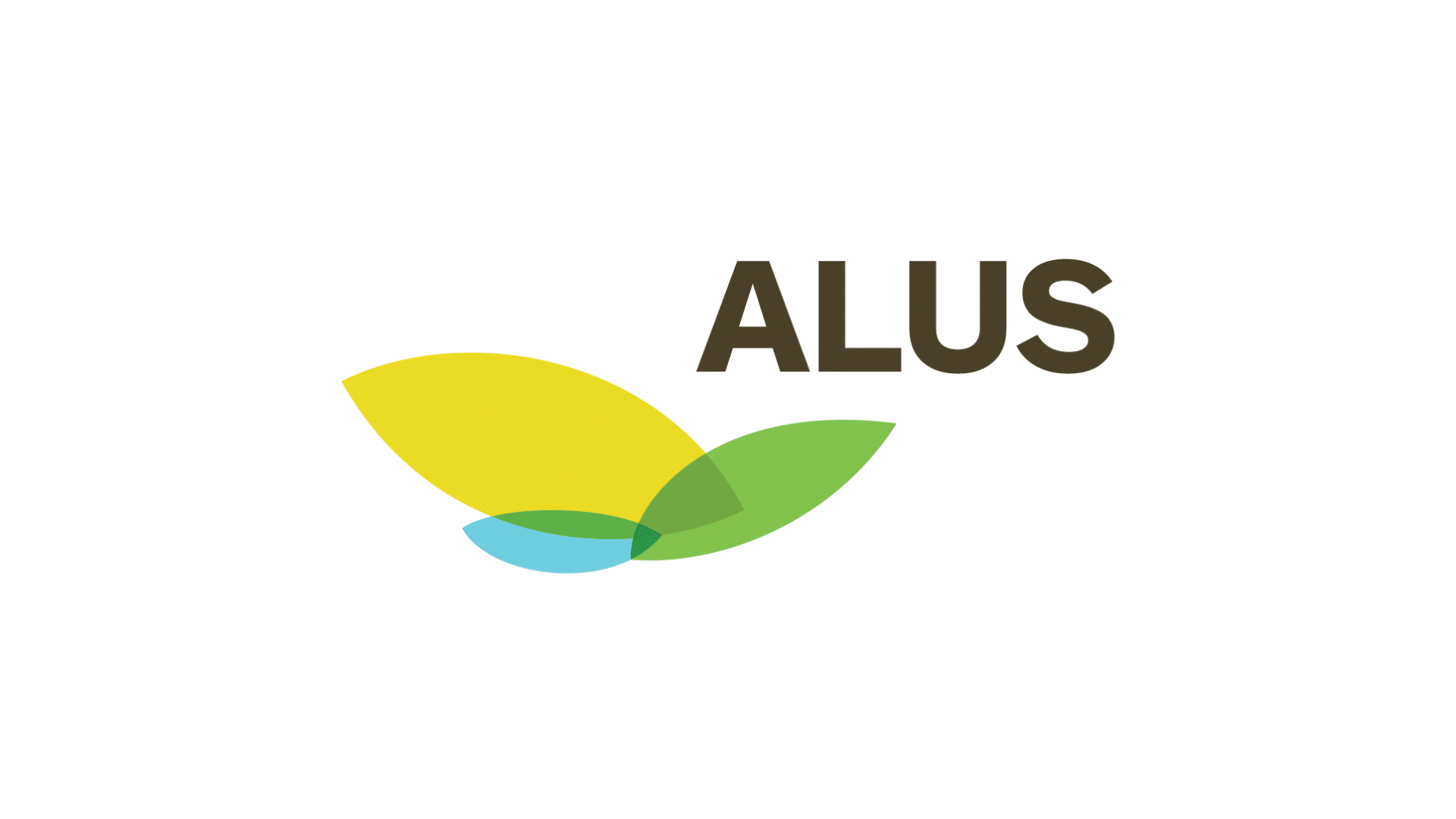Key Takeaways
- ALUS announced a renewed three-year, $1.5 million funding commitment from Definity.
- The agreement builds on a partnership that began in 2023, focusing on community-led, farmer-delivered stewardship.
- Funding will support wetland restoration, soil health, biodiversity, and national data systems.
- The commitment provides long-term stability for farmers and ranchers implementing nature-based solutions.
- The partnership supports rural resilience and environmental outcomes across Canada.
ALUS Renews Partnership with Definity to Expand Nature-Based Solutions
ALUS has announced a new three-year, $1.5 million commitment from Definity, renewing and expanding the insurance company’s support for community-led, farmer-delivered nature-based solutions across Canada. The agreement builds on a collaborative relationship that began in 2023 and reflects Definity’s continued focus on long-term environmental stewardship and rural resilience.
The renewed funding will provide consistent, multi-year support to farmers and ranchers implementing projects such as wetland and native grassland restoration, tree planting, wildlife habitat creation, and soil health improvement. These initiatives aim to strengthen ecosystem resilience while supporting the communities that depend on agricultural landscapes.
ALUS Funding Supports Farmers, Data Systems, and Community Outcomes
The investment will support both on-the-ground program delivery and ALUS’ national data and reporting systems. These systems track environmental and social outcomes across the ALUS network, enabling consistent measurement of project impacts over time.
With long-term funding certainty, ALUS will be able to work more closely with participating farmers and ranchers, supporting projects designed to reduce climate risk, enhance biodiversity, and deliver practical benefits to rural communities.
“Farmers and ranchers are doing some of the most important climate adaptation work in the country and this new multi-year commitment ensures they have the stable, long-term support they need,” said Jill Weaver, Director of Partnerships at ALUS. “Definity’s continued leadership strengthens local capacity, improves soil and water systems, restores habitat and builds resilience across our shared landscape.”
Community-Led Stewardship at the Core of ALUS’ Model
ALUS operates as a charitable organization supporting agricultural stewardship through a community-led, farmer-delivered model. Local Partnership Advisory Committees—made up of farmers, ranchers, and community leaders—identify and approve projects based on regional priorities and landscape needs, ensuring outcomes reflect local knowledge and long-term practicality.
“At Definity, our purpose is to build a better world by helping our clients and communities adapt and thrive,” said Brendan Seale, AVP, Environmental, Social and Governance at Definity. “This renewed commitment to ALUS reflects that purpose in action.”
With Definity’s support, ALUS plans to continue expanding nature-based solutions, strengthening reporting systems, and deepening engagement with rural communities across Canada.


